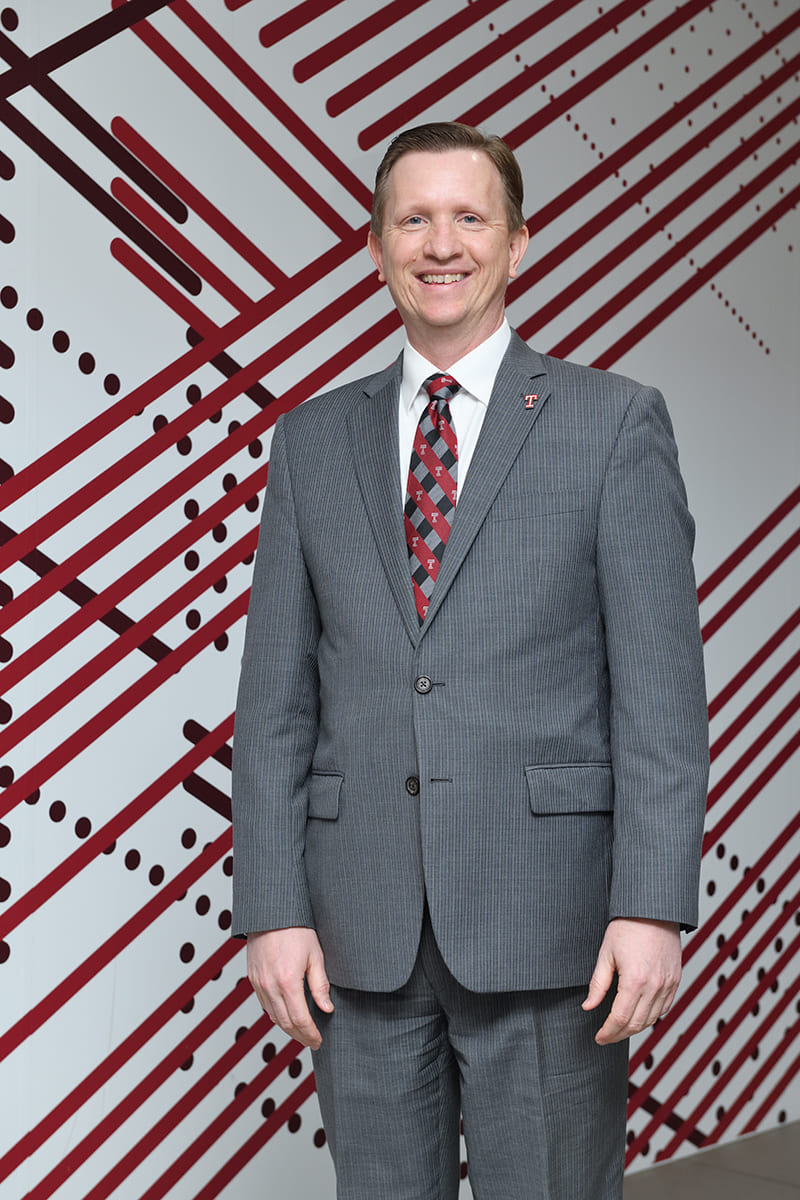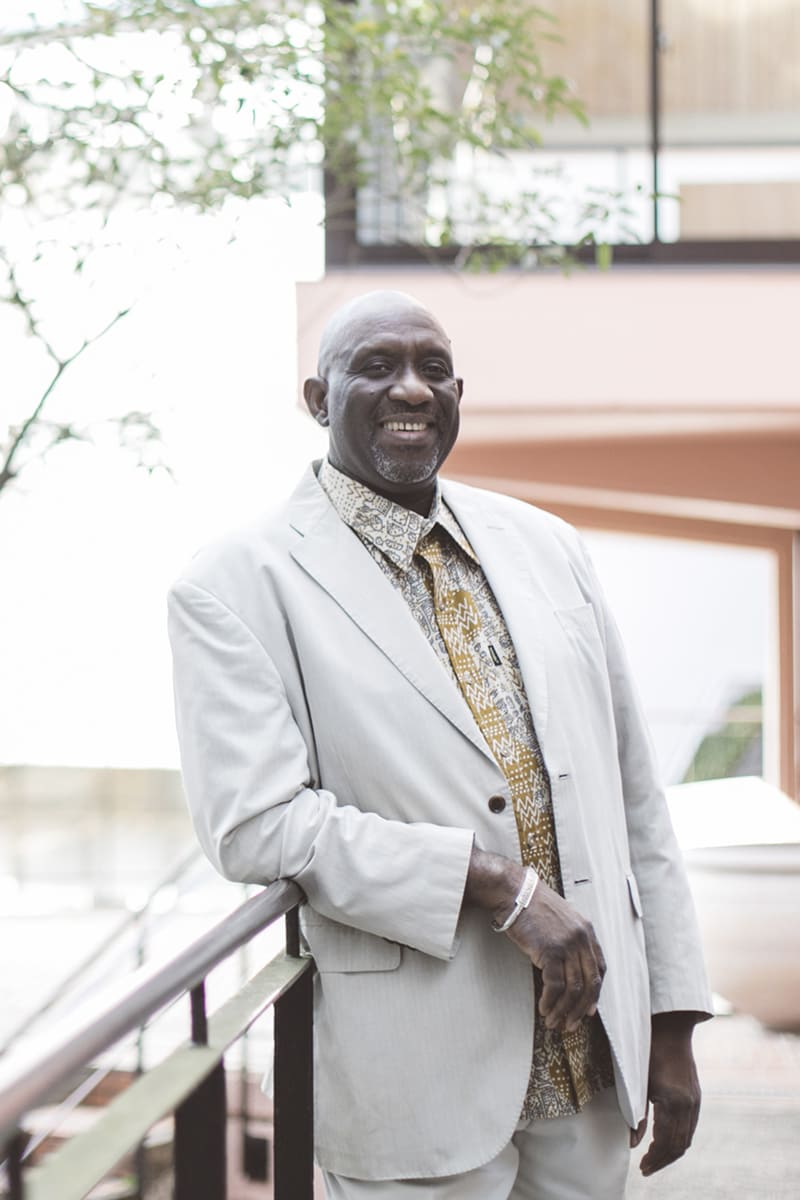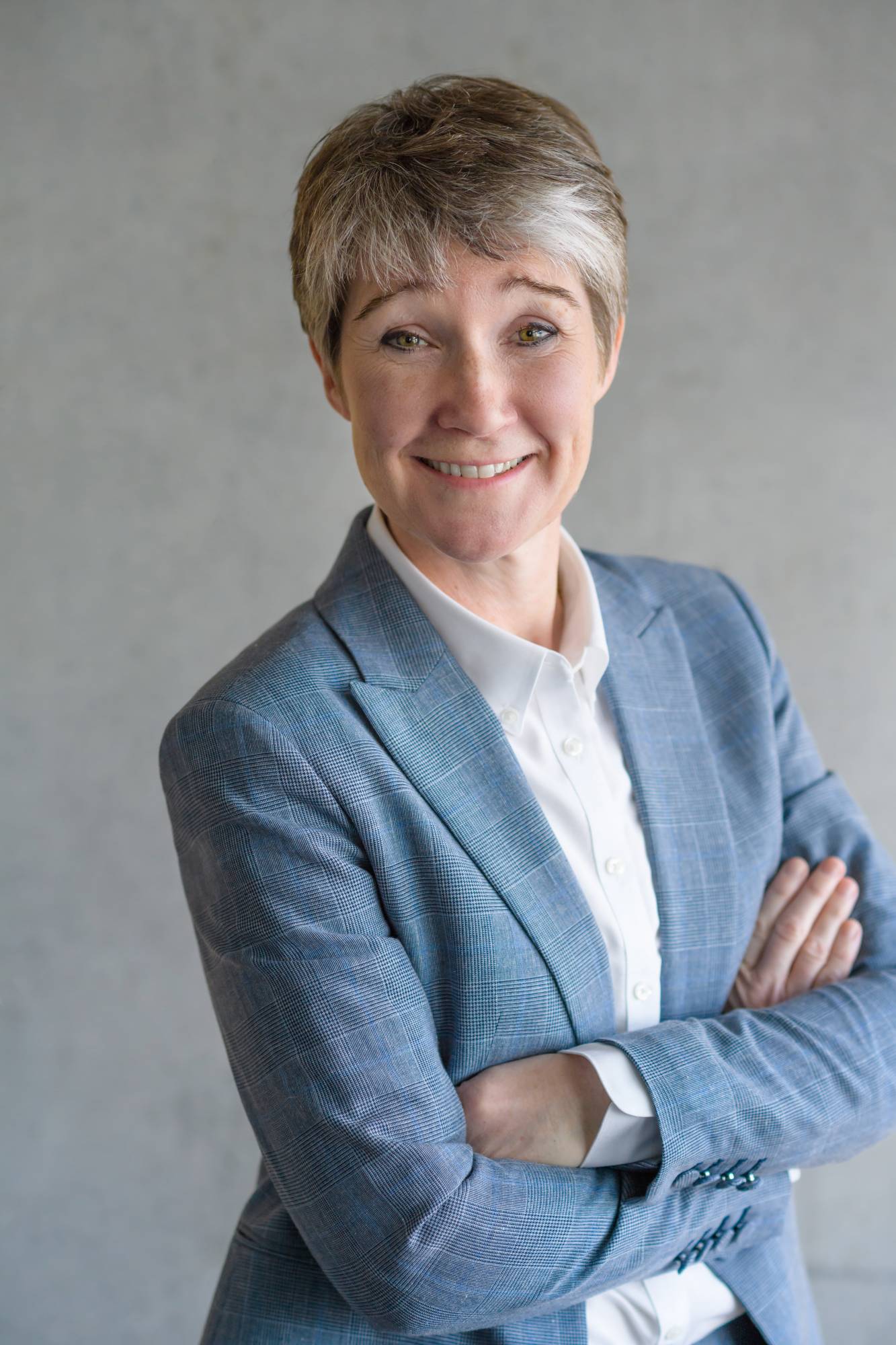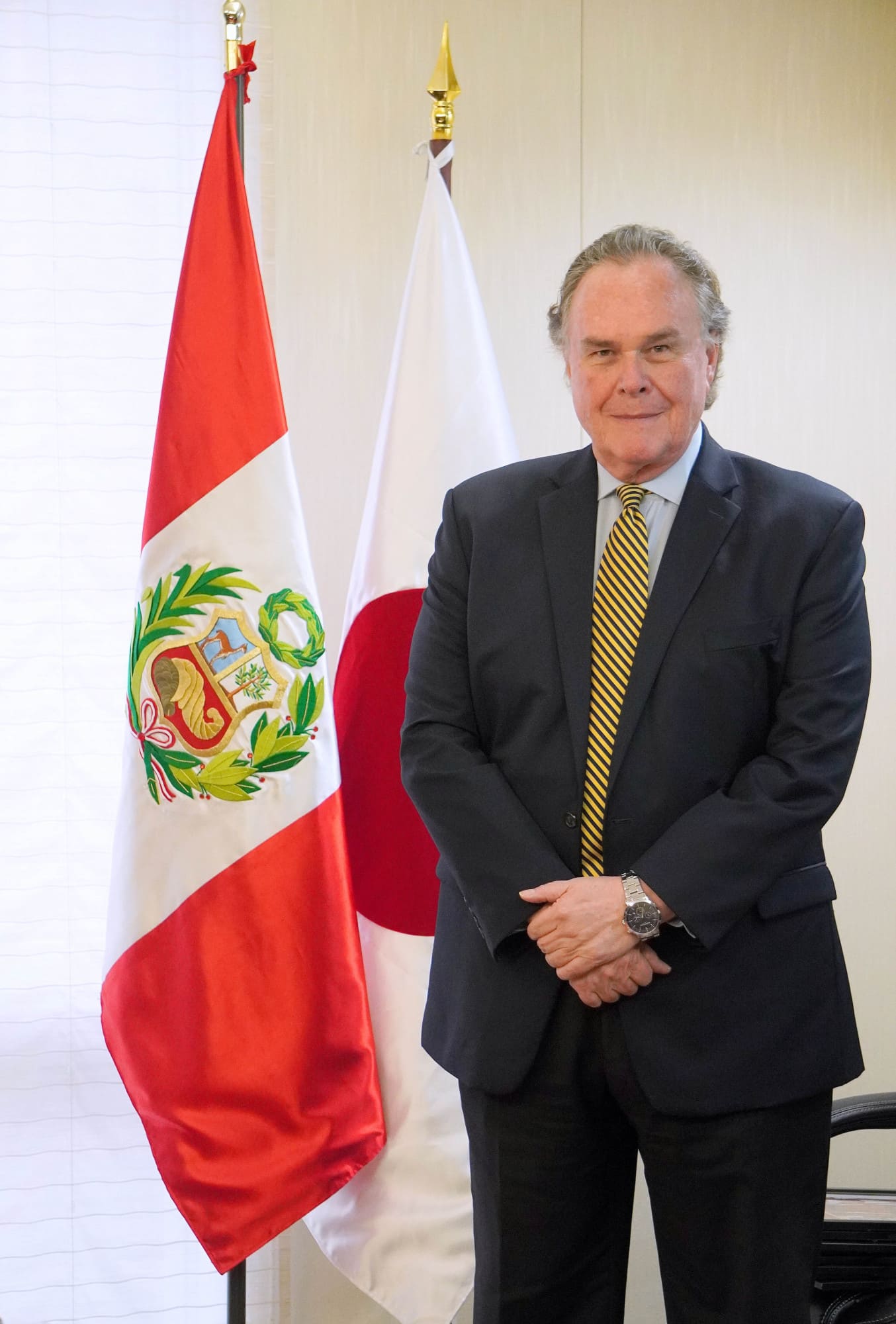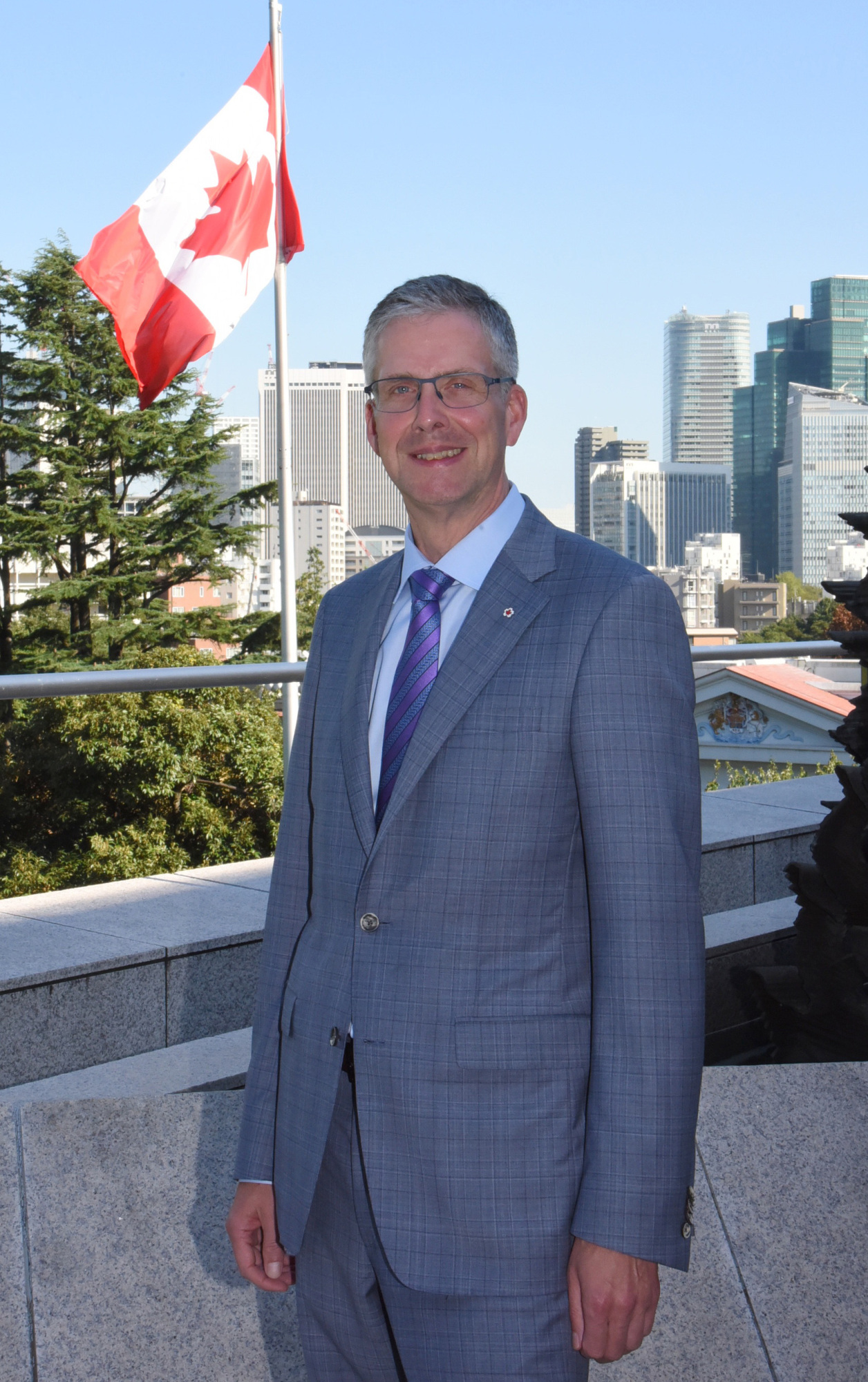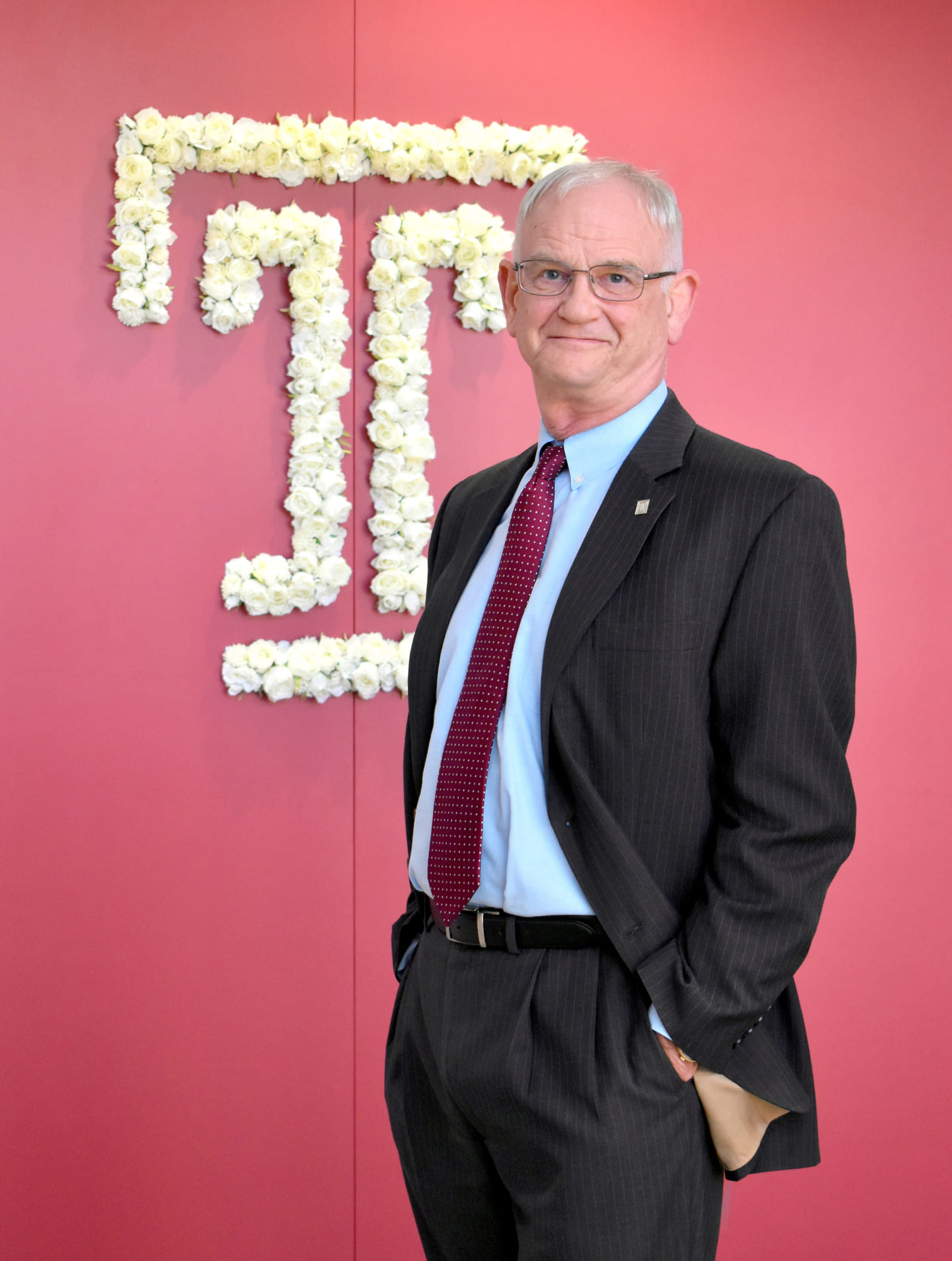
February 16, 2020
Long road ahead in push for globalized education
Temple University Japan Dean Bruce Stronach on challenges in higher ed
BY JOE MUNTAL
CONTRIBUTING WRITER
- Name: Bruce Stronach
- Title: Dean, Temple University Japan
- URL: https://www.tuj.ac.jp
- DoB: Aug. 24, 1950
- Hometown: Oakland, Maine
- Years in Japan: 31
From the economic boom of the ’70s and ’80s to the collapse of the bubble economy and the ensuing “lost decade,” Bruce Stronach — Dean of Temple University Japan (TUJ) — has witnessed Japan undergo several significant transformations.
Now, as he approaches retirement after nearly 12 years as dean of TUJ, Stronach is ensuring the university is equipped to prepare its students for success in a globalized economy.
Stronach first came to Japan in 1976 as a starry-eyed researcher, thrilled by the prospect of seeing firsthand what was then the world’s fastest developing economy. The Tokyo he encountered, however, was far from the prospering, cosmopolitan metropolis he had envisioned.
“Tokyo is a great city to live in now, but it was a lousy city in 1976,” Stronach said. “When I got here, I thought, ‘Are you kidding me?’ The air was so bad. … Thirty percent of the city had open sewers, and you knew it in the summertime. I thought I was going to walk into an international, developed city, but it wasn’t. (Tokyo’s) a beautiful city now, with nice architecture and open areas, but you wouldn’t have recognized it back then.”
As illustrated by Tokyo’s transformation, Japan developed a successful model for economic growth. But this economic approach also produced insular tendencies and an adverseness to change, according to Stronach. This was especially true in the 1980s, during which time internationalization was what Stronach describes a “one-way street.” “People tend to think of this in terms of the trade wars and exports, but it was the same way in terms of cultural influence — one way out, no influence in,” he said. “We are starting to see the traditional system change now, which makes things more interesting and less predictable, but there are many large companies that still operate like it’s 1976.”
Stronach noted that this fear of the unpredictable has had lasting effects on Japan’s education system. Drawing upon his experience at Yokohama City University and the International University of Japan, he believes that while Japanese universities undergo various reforms in order to be internationally competitive, they still have a long way to go before they catch up to their leading international counterparts.
“For example, (most) Japanese universities don’t have academic advisers,” said Stronach. “Generally, if you want academic advising, you go to your faculty. All American universities, including TUJ, only have professional academic advisers.” he said, citing Ritsumeikan University as one of the few Japanese schools to develop an academic advising department: “They hired away the head of ours to do it, which is okay; I’m fine with that.”
As the oldest and largest foreign university in Japan, TUJ plays an important role in this shifting academic landscape by hosting dozens of workshops for Japanese universities. “We provide a living model for how American universities are administered,” Stronach said.
Such initiatives by Japanese universities to imitate their foreign counterparts are important, but Stronach believes it will take more than on-campus reforms to make them internationally competitive. Many Japanese focus on globalization and liberal arts education, but due to structural issues it remains nearly impossible for them to realize true liberal arts programs, he said.
“Liberal arts is not what you study, but how you study,” Stronach said. “Liberal arts depends on diversity, but Japan isn’t that diverse. It also depends on a great deal of communication in class. The vast majority of classes at Japanese universities are still based on lectures, notes and tests.” Stronach suggests that changes need to be made in secondary education and high school in order to move closer to a true liberal arts environment. “If students only focus on notes and tests, then they won’t be prepared by the time they enter university.”
Higher education is just one facet of society, but the challenges higher education faces in 2020 are the same ones that society faces as a whole, Stronach continued. “The dilemma Japan faces now is you either globalize, or you become an irrelevant country. ‘Internationalization’ in the 1980s could be a one-way street, but globalization in 2020 is a two-way street and Japan needs to learn that. An important part of our mission is to support Japanese universities in their reforms to open up the inflow, as well as the outflow.”
This role as a partner is reflected in TUJ’s shared campus with Showa Women’s University (SWU). In addition to facilitating interaction between TUJ’s diverse student body and SWU students, this partnership also makes it easier for SWU administrators to learn from an accredited American university such as Temple University.
Stronach is set to retire this year and return to his hometown in Maine, where he looks forward to unplugging from email and focusing on writing. Before becoming an administrator, Stronach wrote prolifically on political psychology, publishing six books on a variety of topics, including nationalism, popular culture and political culture.
His current topic of interest concerns technology and its effect on people’s self-identification. “Technology drives everything … and one of the challenges we’re seeing is the inability to identify as a group that’s larger than the nation state, as members of the globe,” he said. “But it goes deeper than that, and it’s exacerbated by what people are going to have to face when identifying themselves as humans in a world where technology makes that identification more and more difficult.”
Career rich in myriad of academic postings
Since arriving in Japan in 1976 as a visiting researcher at Keio University, Bruce Stronach has held numerous academic and administrative posts at higher education institutions in Japan and the U.S.
He obtained his B.A. in history at Keene State College, and his Master of Arts in law and diplomacy, as well as his Ph.D. in international diplomacy, as part of a dual program between Tufts University’s Fletcher School of Law and Diplomacy and Harvard University.
At the Fletcher School of Law and Diplomacy, Stronach worked with Yoshiaki Harada, Japan’s former environment minister, to conduct a study on soy sauce manufacturer Kikkoman Food Inc.’s Wisconsin Plant.
Stronach has worked in factories, auction houses and on farms since the age of 12. His assignment at Kikkoman’s Wisconsin plant was his first job that was not focused on manual labor. After retiring, he looks forward to returning to his home state of Maine and renovating his house.

